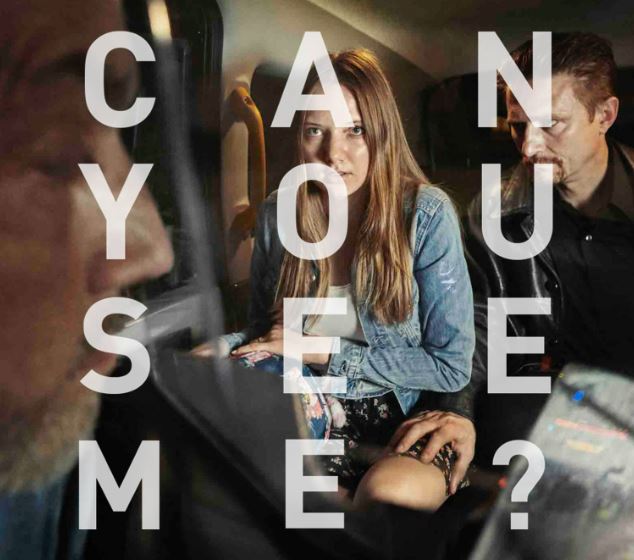What are the Signs?
Signs Someone may be a Victim of Trafficking
Recognizing the signs that someone may be a victim of human trafficking is crucial for intervention and support. Each case will be unique, but here are some common indicators to look for:

- Physical signs – Unexplained injuries, malnourishment, signs of physical abuse, lack of medical care, and poor hygiene.
- Psychological signs – Fearful, anxious, or submissive behavior, appearing disoriented or confused, displaying signs of depression, anxiety, or post-traumatic stress disorder (PTSD).
- Restricted freedom of movement – Victims may be constantly accompanied by someone, not allowed to speak for themselves, have limited or no personal identification documents, and appear to be under the control of others.
- Poor working or living conditions – Victims may live in overcrowded or unsanitary conditions, lack access to basic necessities, work excessively long hours, and receive little or no payment for their work.
- Signs of control and coercion – Victims may exhibit signs of being controlled or influenced by someone else, such as not speaking independently, being submissive, showing signs of dependency on an individual, or being fearful of authorities.
- Isolation and monitoring – Victims may be isolated from their family, friends, or community, and closely monitored by traffickers or individuals associated with them.
- Inconsistent stories – When questioned about their circumstances, victims may provide inconsistent or scripted explanations, or they may not know their current location or the date.
- Sexual exploitation indicators – Signs of sexual exploitation include forced or coerced involvement in the sex industry, frequent relocation, an older or controlling partner, and involvement in pornography.
- Exploitative labor indicators – These can include unpaid or underpaid work, excessive working hours, confiscation of identity documents, restricted freedom of movement, and living and working in the same place.
It’s important to note that these signs are not definitive proof of human trafficking, but they should raise suspicion. If you suspect someone is a victim of human trafficking, contact the Community Safety Office for a consultation and to facilitate access to support for the student.
Some content generated using AI Tools
